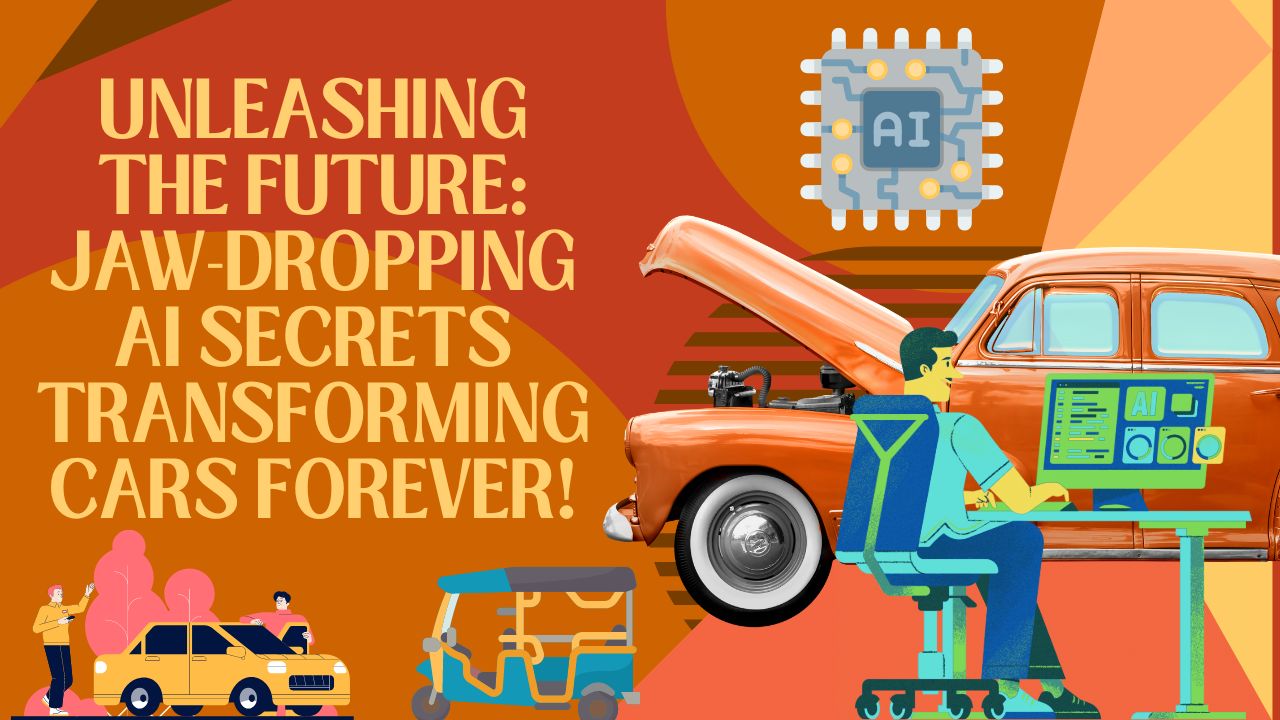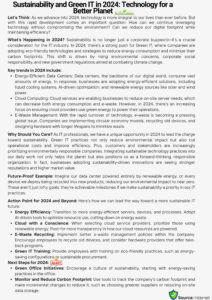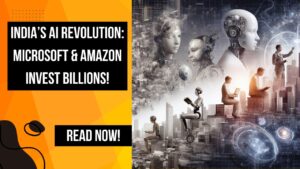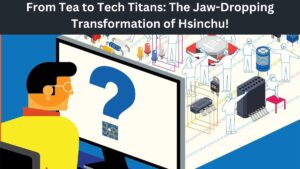7 Powerful Ways AI in the Automobile Industry is Revolutionizing

In today’s rapidly evolving technological landscape, the integration of artificial intelligence (AI) into various sectors has become nothing short of transformative. One industry where AI is making significant strides is the automobile sector. From enhancing safety features to revolutionizing driving experiences, AI is reshaping the future of transportation. In this comprehensive exploration, we’ll delve deep into the impactful ways AI is benefiting the automobile industry and driving positive change.
1. Enhanced Safety with AI-Powered Autonomous Driving
The concept of autonomous driving, once confined to the realm of science fiction, is now a tangible reality thanks to advancements in AI technology. AI-powered autonomous vehicles utilize an array of sensors, cameras, and sophisticated algorithms to perceive their surroundings and make real-time decisions. This technology holds the promise of significantly reducing road accidents and fatalities by eliminating human error, which is a leading cause of accidents.
Companies like Tesla, Waymo, and Uber are pioneering the development of autonomous vehicles, conducting extensive testing to ensure safety and reliability. These vehicles are equipped with advanced features such as adaptive cruise control, lane-keeping assistance, and autonomous emergency braking, which work in tandem to provide a seamless and safe driving experience.
2. Optimized Traffic Management Systems
AI is revolutionizing traffic management by leveraging data analytics and machine learning algorithms to optimize traffic flow and reduce congestion. Smart traffic management systems equipped with AI can analyze vast amounts of data in real-time, including traffic patterns, weather conditions, and road incidents, to make informed decisions.
One example of AI-driven traffic management is the implementation of adaptive traffic signal control systems. These systems use AI algorithms to adjust signal timings based on current traffic conditions, thereby reducing wait times at intersections and improving overall traffic flow. Additionally, AI-powered navigation apps provide drivers with real-time traffic updates and suggest alternative routes to avoid congestion, leading to more efficient and stress-free journeys.
3. Predictive Maintenance for Improved Reliability
AI-driven predictive maintenance systems are transforming the way vehicles are serviced and maintained. By analyzing data from sensors, onboard diagnostics, and historical maintenance records, AI algorithms can predict potential mechanical issues before they occur. This proactive approach to maintenance not only reduces the risk of unexpected breakdowns but also minimizes vehicle downtime and repair costs.
Automakers are increasingly integrating AI-powered predictive maintenance systems into their vehicles, enabling remote monitoring and diagnostics. These systems can alert drivers and service centers to potential issues in real-time, allowing for timely repairs and maintenance. As a result, vehicle reliability and longevity are significantly enhanced, providing drivers with peace of mind and reducing the total cost of ownership.
4. Personalized In-Car Experiences
AI-powered infotainment systems are revolutionizing the in-car experience by providing personalized recommendations and entertainment options tailored to individual preferences. These systems utilize machine learning algorithms to analyze user behavior and preferences, delivering relevant content and services in real-time.
For example, AI-powered infotainment systems can suggest music playlists based on past listening habits, adjust climate controls to suit individual preferences, and provide restaurant recommendations based on location and cuisine preferences. Additionally, these systems can integrate with other smart devices, such as smartphones and smart home devices, to provide a seamless and connected experience for drivers and passengers.
5. Improved Fuel Efficiency and Environmental Sustainability
AI optimization algorithms are helping automakers design more fuel-efficient vehicles by optimizing engine performance, reducing aerodynamic drag, and minimizing energy consumption. These algorithms analyze vast amounts of data, including vehicle telemetry, driving behavior, and environmental factors, to identify opportunities for efficiency improvements.
Furthermore, AI-powered route optimization algorithms help drivers find the most fuel-efficient routes, taking into account factors such as traffic conditions, road gradients, and speed limits. By reducing fuel consumption and emissions, these algorithms contribute to environmental sustainability and help mitigate the impact of transportation on the environment.
6. Enhanced Vehicle Security with AI-Powered Anti-Theft Systems
AI-based anti-theft systems employ advanced computer vision and machine learning algorithms to detect and prevent vehicle theft. These systems utilize a combination of sensors, cameras, and AI algorithms to monitor the vehicle’s surroundings and identify suspicious behavior.
For example, AI-powered anti-theft systems can detect unauthorized entry attempts, suspicious movements around the vehicle, and tampering with the ignition or door locks. In the event of a theft attempt, these systems can alert the vehicle owner and authorities, enabling swift action to recover the stolen vehicle.
7. Streamlined Manufacturing Processes with AI Robotics
AI-powered robotics are revolutionizing the manufacturing process by automating repetitive tasks, increasing production efficiency, and improving quality control. These robots are equipped with advanced sensors, cameras, and AI algorithms that enable them to perform complex tasks with precision and reliability.
In automotive manufacturing, AI-powered robots are used for various applications, including welding, painting, assembly, and quality inspection. These robots work alongside human workers to streamline production processes, reduce errors, and increase output. Additionally, AI algorithms analyze production data in real-time to identify opportunities for process optimization and quality improvement.
Conclusion:
The integration of AI into the automobile industry is driving positive change on multiple fronts, from enhancing safety and reliability to optimizing efficiency and sustainability. As AI technology continues to advance, we can expect further innovations that will revolutionize the way we travel and interact with vehicles. By embracing AI-driven solutions, automakers can stay ahead of the curve and deliver cutting-edge products that redefine the future of transportation.






